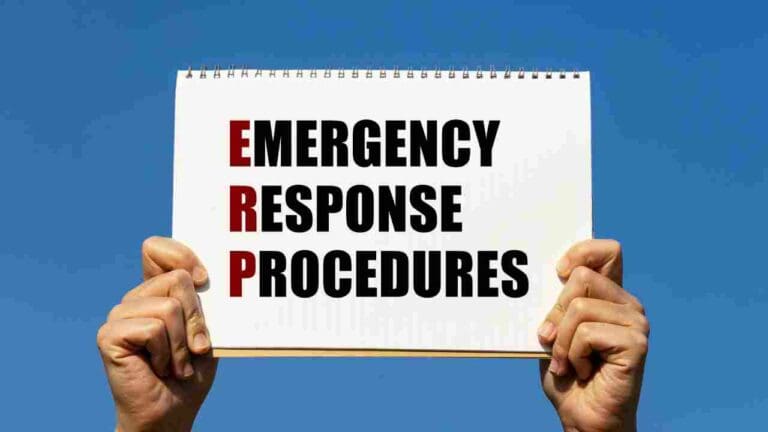In today’s fast-paced and unpredictable world, businesses encounter an array of potential disruptions. From natural disasters and cyberattacks to global crises, the threats to operational continuity are more varied and frequent than ever.
In this environment, a well-crafted Business Continuity Plan (BCP) is not just beneficial—it’s essential. Let’s delve into the importance of having a BCP, its key components, and the undeniable advantages it brings to your organisation.
What is a Business Continuity Plan (BCP)?
A Business Continuity Plan (BCP) serves as a proactive strategy, ensuring that a business can continue its critical operations during and after a disaster or crisis. It acts as a comprehensive playbook, detailing necessary steps, procedures, and resources to maintain operations, recover from disruptions, and minimise downtime.
In essence, a BCP prepares your business to face unexpected challenges, ensuring resilience and operational integrity in the face of adversity.
The Pillars of a Comprehensive BCP
Risk Assessment
The foundation of a robust BCP begins with a thorough risk assessment. This process involves identifying potential threats and vulnerabilities that could impact your business.
These might include natural disasters, cyber threats, supply chain disruptions, and more. Understanding these risks is the first step in preparing to mitigate them effectively.
Business Impact Analysis (BIA)
A Business Impact Analysis (BIA) is crucial in determining which business functions are critical and need prioritisation in recovery efforts.
This analysis helps you understand the financial and operational impacts of disruptions, guiding you in making informed decisions about where to allocate resources in a crisis.
Emergency Response Plan
A detailed Emergency Response Plan outlines the immediate actions to take during a crisis.
This plan includes evacuation procedures, communication protocols, and emergency contact information. It ensures that everyone knows their role and actions to take in the initial moments of a disaster.
Continuity of Operations Plan (COOP)
The Continuity of Operations Plan (COOP) details strategies for maintaining essential functions during disruptions.
This may involve relocating to an alternate site, implementing remote work arrangements, and managing scarce resources. The COOP is critical for ensuring that your business can continue operating under adverse conditions.
Recovery Plan
Post-crisis, the Recovery Plan takes centre stage, outlining the steps required to recover and restore normal operations.
This includes the restoration of IT systems, facilities, and supply chains. A well-defined Recovery Plan accelerates the return to business as usual, minimising the long-term impact of disruptions.
Communication Plan
Effective communication is vital during a crisis. A Communication Plan establishes the strategy for keeping employees, customers, suppliers, and stakeholders informed.
Transparent and timely communication maintains trust and confidence, mitigating the reputational damage a disaster could cause.
Training and Testing
Finally, regular training exercises and testing of the BCP are essential. These practices ensure that your team is prepared and that the plan remains effective and relevant.
Regular drills and revisions keep the BCP dynamic, adapting to new threats and changes in the business environment.
The Strategic Advantage of Preparedness
In the face of unforeseen disasters and disruptions, a comprehensive Business Continuity Plan (BCP) offers a strategic advantage. It not only safeguards your business’s operational integrity but also minimises downtime, protects your reputation, and ensures regulatory compliance.
Investing in a well-designed BCP is a testament to the power of preparedness, fortifying your business’s resilience and ensuring its survival and prosperity in challenging times. Remember, in today’s unpredictable world, having a plan is not just a precaution—it’s a necessity.
Should your business lack in-house safety expertise, it’s advisable to enlist the assistance of a seasoned consultant to oversee your planning efforts.
GSD Safety, with its team of skilled workplace health and safety professionals, excels in formulating emergency response strategies. We are adept at assessing the distinct risk profile of your business, crafting a bespoke set of response procedures, and overseeing both training and implementation phases.
For a complimentary WHS evaluation, please reach out to us at 1300 473 723 or get in touch online.



